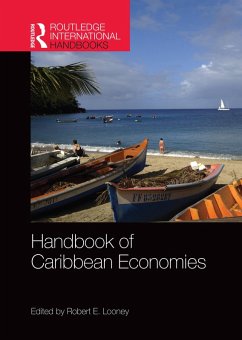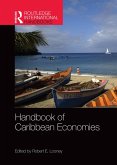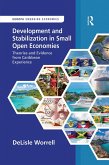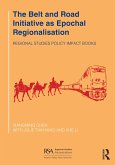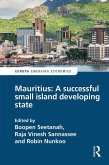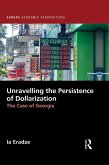The chapters, written by expert contributors, examine the Caribbean economies from several perspectives. Many break new ground in questioning past policy mindsets, while developing new approaches to many of the traditional constraints limiting growth in the region.
The volume is organized in four sections. Part I examines commonalities, including issues surrounding small economies, tourism, climate change and energy security. Part II looks at obstacles to sustained progress, for example debt, natural disasters and crime. In Part III chapters consider the specific role of external influences, including the USA and the European Union, the People's Republic of China, as well as regional co-operation. The volume concludes in Part IV with country case studies intended to provide a sense of the diversity that runs through the region.
Dieser Download kann aus rechtlichen Gründen nur mit Rechnungsadresse in A, B, BG, CY, CZ, D, DK, EW, E, FIN, F, GR, HR, H, IRL, I, LT, L, LR, M, NL, PL, P, R, S, SLO, SK ausgeliefert werden.
'The Handbook of Caribbean Economies is an on-the-minute reference work that is vital for anyone with a professional interest in the region. But it is much more than that, offering comprehensive policy-oriented analyses of problems ranging from climate change to excessive external debt to lack of diversification that explain why current growth rates are generally sub-par in the Caribbean and why future prospects are so challenging.' Peter Passell, Editor-in-Chief, Milken Institute Review.
`In this erudite and informative volume, some of the Caribbean's leading specialists provide a panoramic view of the region's political economy. Their sophisticated analyses examine the obstacles and external influences with which Caribbean economies must contend. The contributors underscore the region's deep crisis: the rocky transition from plantation economies based on sugar to economies based mostly on tourism. The EU's decision to end preferential treatment of the Caribbean shook the region, but so have climate change, natural disasters such as earthquakes and hurricanes, and the manmade calamities of drug trafficking and organized crime. Haiti's economy has been especially hard hit, Puerto Rico went bankrupt, and Cuba still hasn't recovered from the breakup of the Soviet Union. Guyana, with its new offshore oil discoveries, and the Dominican Republic, with its creditable economic performance, shine brightly in an otherwise depressing regional tableau. The islands' attempt to find their niche in the world economy remains a work in progress.' Jorge Heine, Foreign Affairs.

